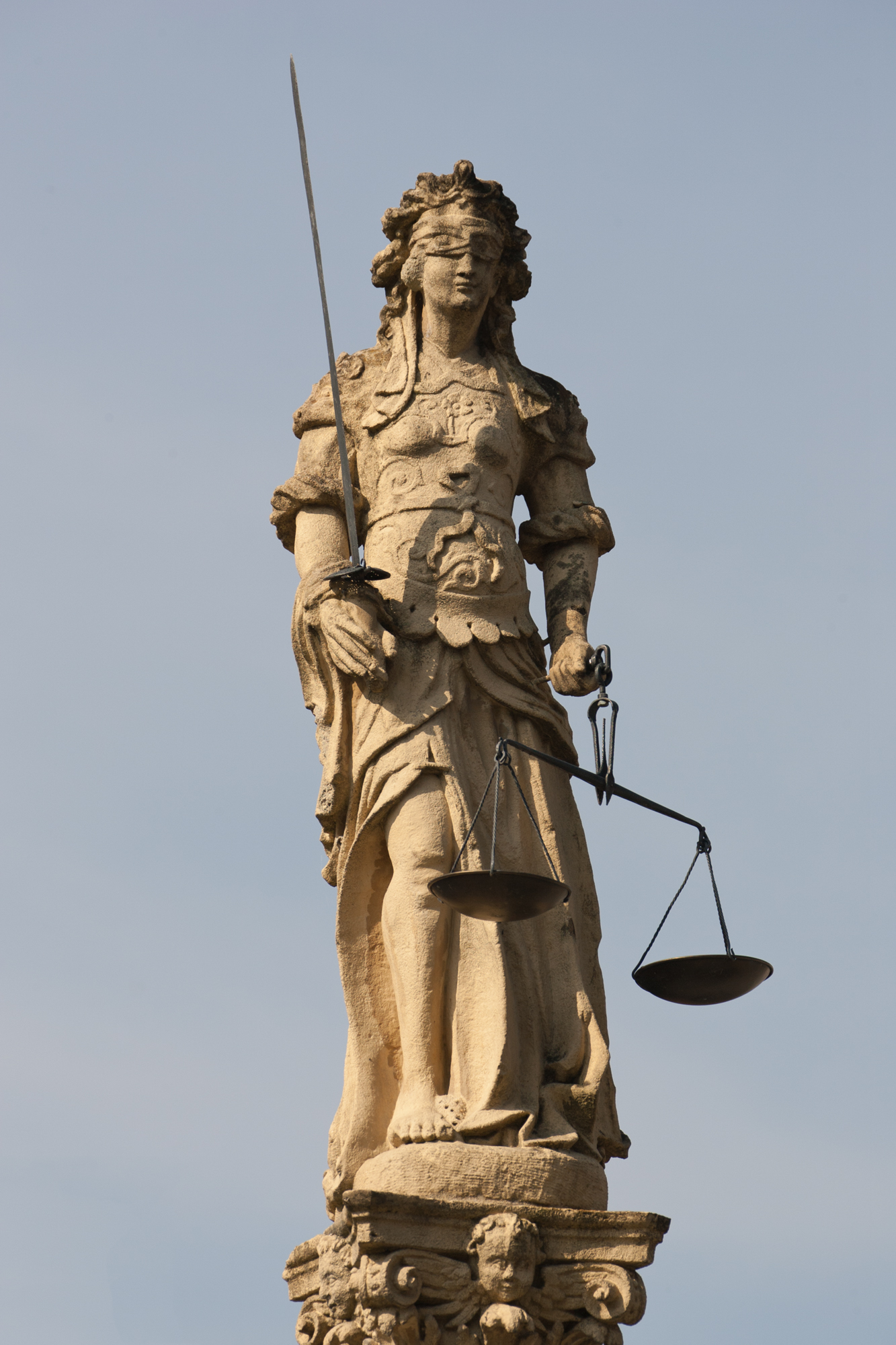In this instance of injustice you are motivated to an affective response of disgust and anger at this harsh mistreatment of another human person.
The affective response is engendered by the recognition of the inherent dignity of this man as a person. On top of this dignity that man has as a person he has a further dignity in regards to man. In his book Liturgy and Personality, Dietrich von Hildebrand very simply affirms the existence of the dignity of man by way of his adoration of God: “The ultimate dignity of man consists precisely in that he can consciously adore and glorify God.” (1)
Man inherently has dignity within him that determines his worth. We recognize that man ought not to be hurt or abused because of his inherent dignity. If we take as true that man’s ultimate dignity consists in his conscious adoration of God then it would seem that an act that is contrary to the adoration of Him is diametrically opposed to our own dignity.
The act of the slave owner whipping his slave undermines the dignity of both the slave and of himself. Firstly, it undermines the dignity of the slave because the slave owner treats another human being like property which only suggests that the slave is merely an object and not with the justice and dignity that he deserves. Man is a being with inherent dignity because of his existence, an existence that is obviously different from that of a common object, so he cannot be justly treated as an object. Secondly, the slave owner greatly undermines his own dignity because his action is not in accord with the intrinsic worth of a person thus it also does not consciously adore and glorify God whatsoever. Man has an inherent dignity from simply being persons.
But if man’s dignity consists in his conscious adoration and glorification of God, if man is not glorifying the Lord is he mistreating his own dignity? Technically, yes. But does this mean that we must be constantly praying and shirking our work or always chanting or singing praise and worship music in the adoration chapel? No, for if we were to neglect our work then we would also be harming our dignity. For, we are called to glorify and adore the Lord by the vocation he calls us to.
Ultimately man’s dignity does consist in his glorification of God but this glorification of God does not only exist when man is praying. The Lord is glorified in our proper treatment of each other as coming from Him and in desiring the good for one another. For when we care for one another and treat them as they deserve by their inherent dignity each man is acting in his ultimate dignity. Man has dignity inherently as a person just by being a person but He also has dignity on top of this by his adoration of God. Thus when we treat others according to their dignity they are respected and our respect of their dignity glorifies God.Pictures:
Lady Justice



0 comments
Note: Only a member of this blog may post a comment.